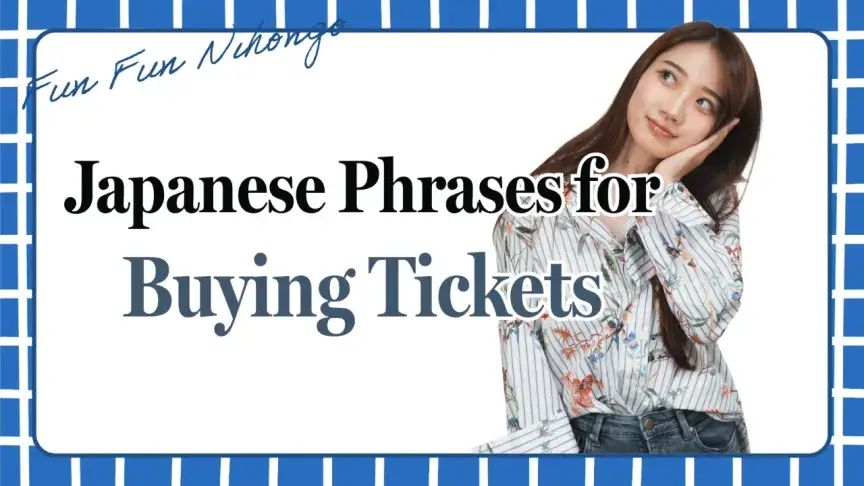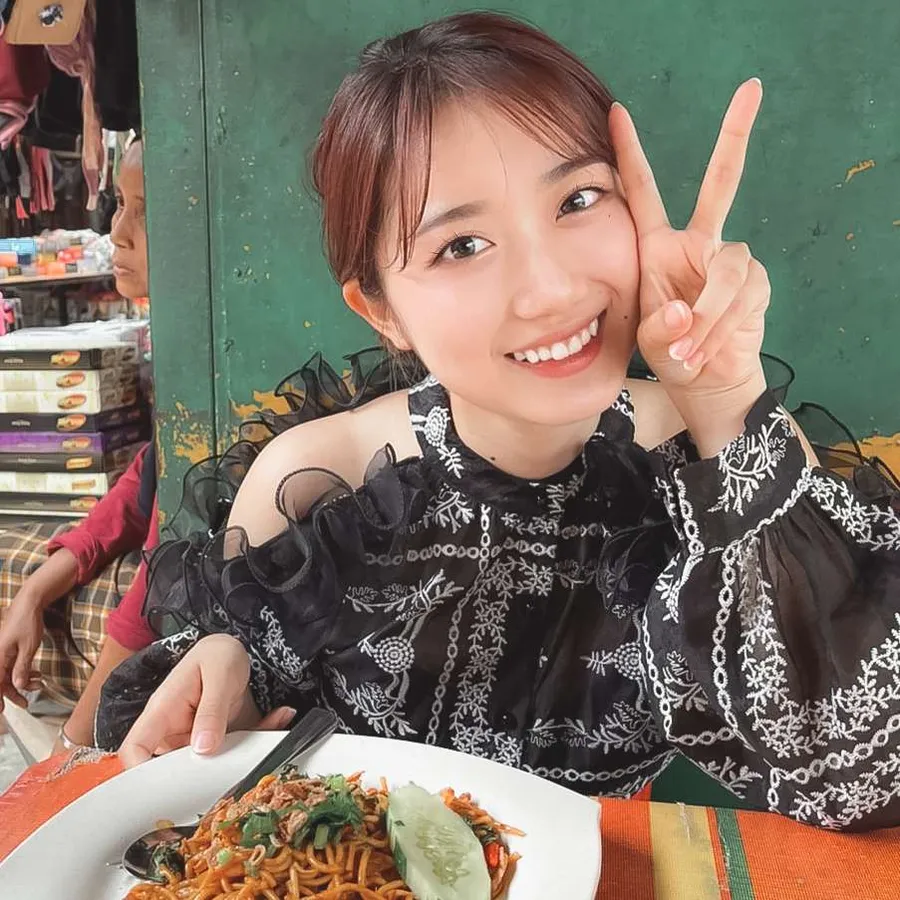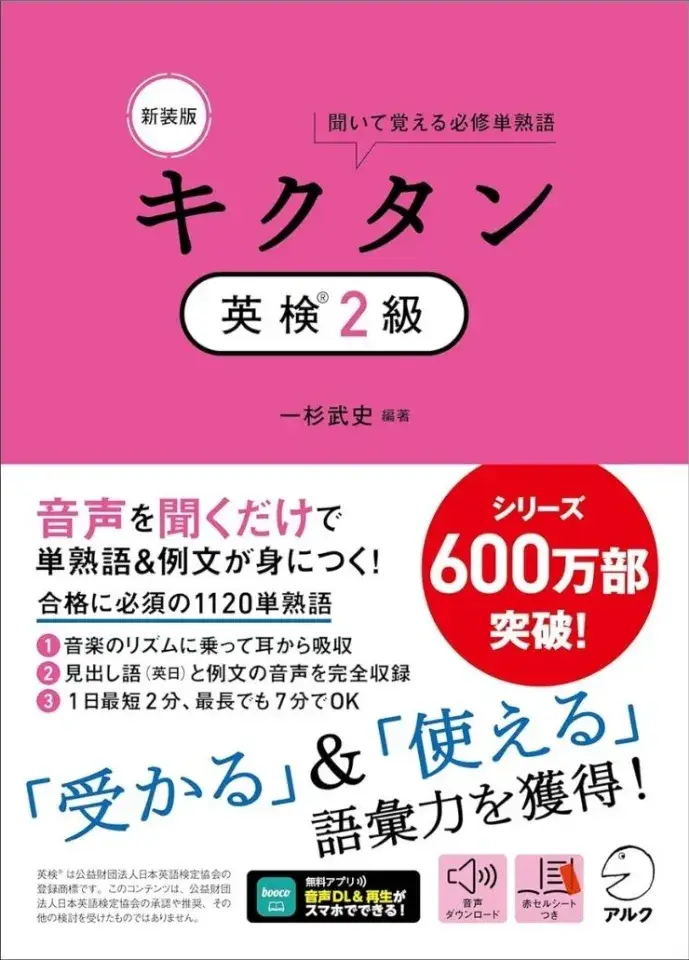
Buying tickets in Japan — whether for concerts, museums, or theme parks — can feel a little stressful if you’re not sure what to say at the counter. In this article, we’ll look at eight useful phrases from the Fun Fun Nihongo video series and share some simple notes and cultural tips so you can use them with confidence.
目次
This article is based on a video by Fun Fun Nihongo, our Japanese learning content series.
Eight Useful Japanese Phrases for Buying Tickets
Here are eight practical phrases you can use when buying tickets in Japan. They’re useful at museums, concerts, theme parks, and many other attractions. These expressions cover everything from basic requests to questions about entry times, re-entry and payment options.
チケットを一枚ください。
- Chiketto o ichimai kudasai.
One ticket, please.
Simple and polite. You can change ichimai to another number (for example, nimai for two tickets). At many counters, just saying this phrase will be enough to start the purchase.
アリーナ席のチケットをください。
- Arīna seki no chiketto o kudasai.
May I have an arena seat ticket, please?
Arīna seki usually refers to floor-level seats close to the stage at concerts or sports events. Not every venue has arena seating, so staff may suggest another section if these seats are sold out or not available.
大人用のチケットをください。
- Otona yō no chiketto o kudasai.
An adult ticket, please.
In everyday situations, people often just say otona (“adult”), kodomo (“child”), or gakusei (“student”) without the word yō. So instead of otona yō no chiketto, it's also natural to say otona no chiketto or simply point and say “otona.” You can swap in kodomo or gakusei depending on who needs the ticket.
団体チケットはありますか?
- Dantai chiketto wa arimasu ka?
Do you have group tickets?
The word dantai means “group,” and many museums or attractions offer a discount for larger groups. The required number varies, but it often starts from around 10 people. If you’re visiting with several friends or family members, it’s worth asking whether a group rate is available.
このチケットは何時から入れますか?
- Kono chiketto wa nanji kara hairemasu ka?
What time does this ticket allow entry?
Time-slot tickets are common for popular exhibitions or theme parks. Staff might answer with a specific time (e.g., jūji kara desu – from 10 o’clock) or a time range printed on the ticket.
このチケットで何回も出入りできますか?
- Kono chiketto de nankai mo dehairi dekimasu ka?
Can I enter and exit multiple times with this ticket?
Some places allow re-entry if you keep your ticket or receive a hand stamp, while others do not allow re-entry at all. This question is useful when you want to leave temporarily — for food, shopping, or a break — and return later.
どれくらいの時間で見学できますか?
- Dorekurai no jikan de kengaku dekimasu ka?
How long does it take to look around?
Kengaku is often used for visiting museums, factories, or exhibitions. Staff may give an estimate like “about one hour,” which helps you plan your schedule—especially if you have another booking afterward.
カードで支払えますか?
- Kādo de shiharae masu ka?
Can I pay by card?
Japan has become more card- and cashless-friendly, but some smaller venues still accept cash only. Asking this phrase in advance saves time at the register — and helps you avoid awkward moments if cards aren’t accepted.
Extra Phrases
チケット売り場はどこですか?
- Chiketto uriba wa doko desu ka?
Where is the ticket counter?
前売りチケットはありますか?
- Maeuri chiketto wa arimasu ka?
Do you have advance tickets?
子ども料金はいくらですか?
- Kodomo ryōkin wa ikura desu ka?
How much is the child ticket?
音声ガイドはありますか?
- Onsei gaido wa arimasu ka?
Do you have an audio guide?
写真を撮ってもいいですか?
- Shashin o totte mo ii desu ka?
Is it OK to take photos?
Quick Tip
When buying tickets in Japan, you don't need long sentences — a simple pattern like “〇〇 no chiketto o kudasai” (“a ticket for 〇〇, please”) or “〇〇 no chiketto wa arimasu ka?” (“do you have tickets for 〇〇?”) is usually clear and polite.
Many attractions also offer online or advance tickets, which can save you time on busy days — so it’s worth checking before you go!
Follow Us on Social Media
Want more fun Japanese learning content? We post weekly videos, quizzes, and cultural tips across multiple platforms!






